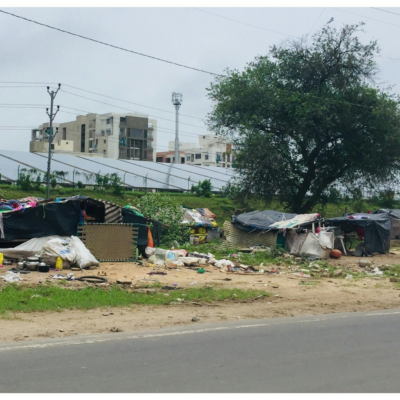Sheltering Struggles: The Dual Challenges of Addiction and Homelessness

Sheltering Struggles: The Dual Challenges of Addiction and Homelessness
Addiction and homelessness share a complex and often interwoven relationship, each exacerbating the challenges of the other in a vicious cycle. To understand this connection fully, it’s essential to delve into the individual dynamics of addiction and homelessness, as well as explore how they intersect and reinforce one another.
At its core, addiction is a disease that impacts individuals from all walks of life, regardless of socioeconomic status. However, the experience of homelessness can significantly heighten the risk factors for addiction and exacerbate its consequences. Homelessness, whether caused by economic hardship, mental health issues, or other factors, often creates an environment of instability, trauma, and despair. In such circumstances, individuals may turn to substances as a coping mechanism to numb emotional pain, alleviate stress, or escape the harsh realities of their situation.
For many experiencing homelessness, addiction becomes both a means of survival and a barrier to escaping their predicament.
Substance use can provide temporary relief from the harsh realities of life on the streets, offering a brief respite from hunger, cold, loneliness, and fear. However, this relief is fleeting and often accompanied by a host of negative consequences, including physical health deterioration, mental health exacerbation, increased risk of violence, and legal troubles.
Furthermore, the stigmatization and marginalization faced by individuals experiencing homelessness can further perpetuate addictive behaviors. The societal ostracization and discrimination faced by this population can lead to feelings of shame, hopelessness, and isolation, further driving individuals towards substance use as a coping mechanism.
Conversely, addiction can also be a contributing factor to homelessness. Substance abuse disorders can impair judgment, diminish cognitive functioning, and erode social support networks, ultimately leading individuals down a path of economic instability and housing insecurity. The financial strain of supporting a substance dependency can drain financial resources, leading to job loss, eviction, and eventual homelessness. Additionally, the behavioral consequences of addiction, such as impulsivity, aggression, and criminal activity, can strain interpersonal relationships and result in the breakdown of familial and social ties, further exacerbating the risk of homelessness.
Breaking free from the cycle of addiction and homelessness requires a comprehensive and holistic approach that addresses the underlying factors driving both issues. This includes expanding access to affordable housing, improving mental health and substance abuse treatment services, implementing harm reduction strategies, and combating the stigma and discrimination faced by individuals experiencing homelessness and addiction.
Treatment programs that integrate housing support with substance abuse treatment have shown promise in addressing the complex needs of this population. Housing First initiatives, for example, prioritize providing stable housing as a foundational step towards addressing other challenges, including addiction. By addressing the immediate need for shelter, individuals can more effectively engage in treatment and support services aimed at addressing underlying substance use disorders and mental health issues.
Additionally, addressing the social determinants of health that contribute to both addiction and homelessness is essential. This includes addressing poverty, improving access to education and employment opportunities, and providing trauma-informed care that acknowledges and addresses the experiences of individuals who have experienced homelessness and addiction.
Ultimately, addressing the intertwined issues of addiction and homelessness requires a multifaceted and compassionate approach that recognizes the inherent dignity and worth of every individual. By addressing the root causes of these issues and providing comprehensive support and resources, we can work towards creating a society where everyone has the opportunity to live a life of dignity, stability, and fulfillment.




